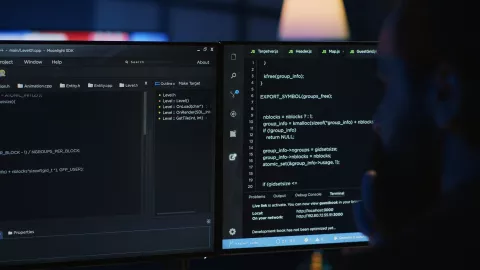How to Handle Performance Issues Professionally

Managing performance issues is one of the most delicate responsibilities of any leader or HR professional. Done poorly, it can damage morale and relationships. Done well, it can transform challenges into opportunities for growth. The key lies in addressing problems early, fairly, and respectfully while keeping both organizational goals and employee development in mind.
Why Professional Handling Matters
- Maintains Trust: Employees are more likely to accept feedback when it is delivered constructively.
- Protects Morale: Tackling issues calmly avoids creating a culture of fear.
- Drives Improvement: Professional guidance helps employees recognize gaps and develop solutions.
- Reduces Legal/HR Risks: Documented and fair processes protect the organization in case of disputes.
Steps to Handle Performance Issues Professionally
1. Identify the Problem Clearly
Be specific about what’s not working—missed deadlines, poor quality of work, or behavioral concerns. Avoid vague terms like “bad attitude” and instead focus on observable actions.
2. Gather Evidence
Review performance data, feedback, and work samples. Having concrete examples reduces defensiveness and shows objectivity.
3. Initiate a Private Conversation
Address the issue one-on-one to ensure confidentiality and show respect. Choose a neutral, calm setting.
4. Use Constructive Communication
- Focus on the behavior, not the person.
- Apply the SBI method (Situation–Behavior–Impact).
- Encourage dialogue—listen to the employee’s perspective.
5. Collaborate on an Improvement Plan
Set SMART goals (Specific, Measurable, Achievable, Relevant, Time-bound) with clear expectations and support measures such as training or mentoring.
6. Provide Resources and Support
Performance issues often stem from skill gaps, unclear expectations, or workload problems. Show commitment by offering coaching, additional tools, or better role clarity.
7. Follow Up and Monitor Progress
Schedule regular check-ins to provide feedback and recognize improvements. Consistency is key to building accountability.
8. Escalate Only if Necessary
If performance doesn’t improve despite support and feedback, formal measures such as written warnings or HR involvement may be required. Always follow organizational policies.
Best Practices
- Stay Professional, Not Personal: Critique the work, not the employee’s character.
- Act Early: Address small issues before they escalate.
- Document Everything: Keep records of discussions, agreed plans, and progress.
- Balance Feedback: Acknowledge strengths while addressing weaknesses.
- Model Empathy: Employees are more likely to respond positively when they feel understood.
Conclusion
Performance issues don’t have to be confrontational. When managed with clarity, fairness, and empathy, they can become turning points for employees to grow and for teams to thrive. Professional handling ensures accountability while preserving respect, creating a culture where challenges are met with solutions rather than conflict.
- Log in to post comments


